Computer Science News

11.09.2024
|
Research,
Faculty of Computer Science, Electrical Engineering and Mathematics,
EIM-Nachrichten,
CS-Nachrichten
ERC Grant for outstanding research awarded to Paderborn University scientist

05.09.2024
|
EIM-Nachrichten,
CS-Nachrichten
Herbst-Uni 2024 “Girls Only” and “All Gender”

04.09.2024
|
EIM-Nachrichten,
CS-Nachrichten
SICP Symposium focusses on "data rooms"
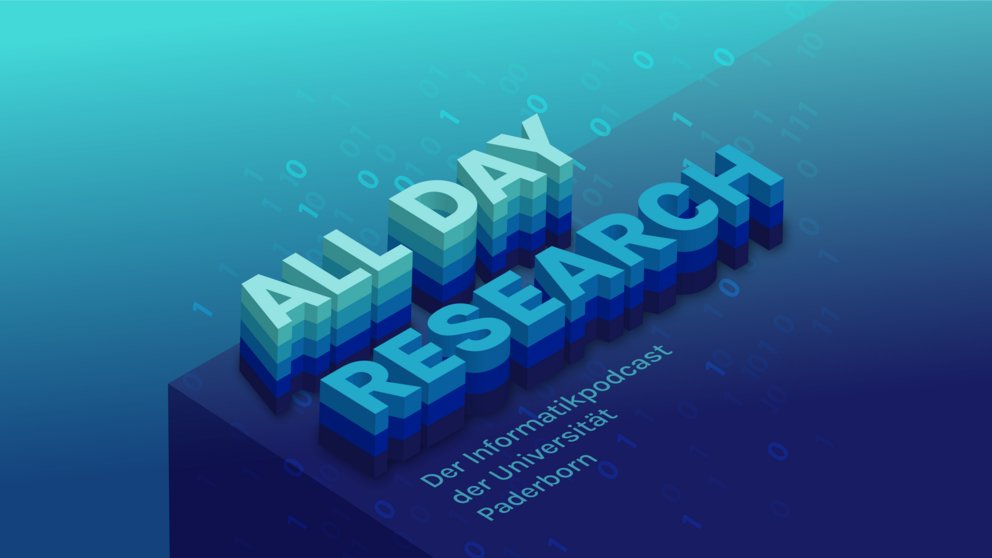
03.09.2024
|
EIM-Nachrichten,
CS-Nachrichten
"All Day Research" Podcast: 39th episode with Prof Dr Stefan Sauer

29.08.2024
|
EIM-Nachrichten,
CS-Nachrichten
"Informatics" becomes "Computer Science": Master's degree programme with an international focus at Paderborn University

26.08.2024
|
EIM-Nachrichten,
EI-Nachrichten,
CS-Nachrichten
Optimally prepared for your studies: From 2 to 27 September, Paderborn University is offering preliminary mathematics courses for…
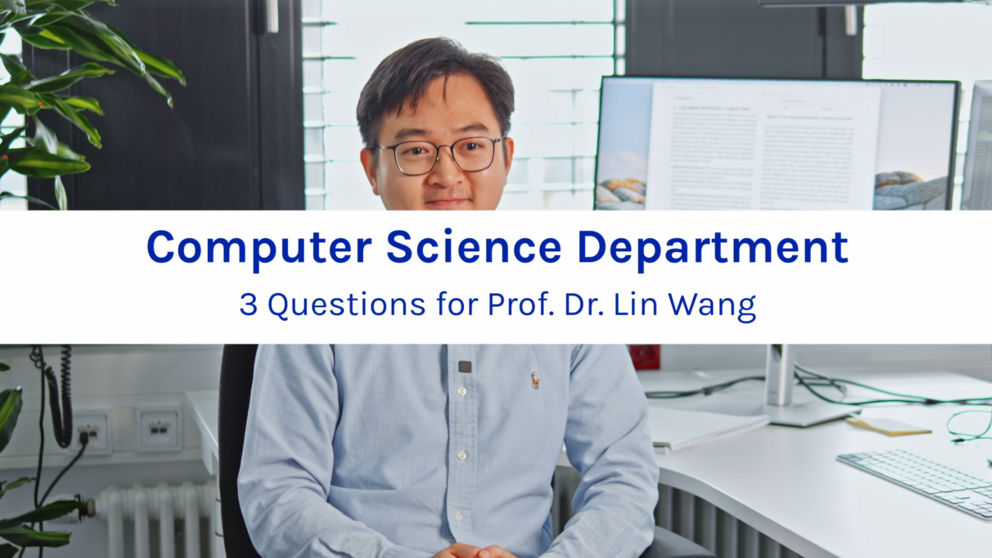
19.08.2024
|
EIM-Nachrichten,
CS-Nachrichten
"3 questions for..." with Prof Dr Lin Wang

16.08.2024
|
EIM-Nachrichten,
CS-Nachrichten
18th Paderborn IT Security Day on September 3 and 4

15.08.2024
|
EIM-Nachrichten,
EI-Nachrichten,
CS-Nachrichten
Economics Minister Robert Habeck visits NeMo.bil project in Paderborn. Paderborn researchers welcome new prototype of a "cab".
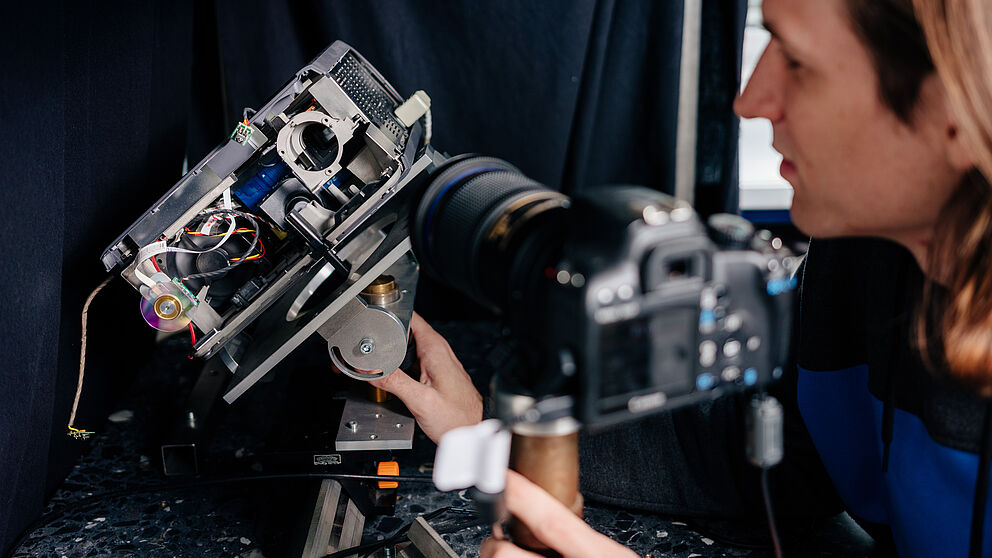
07.08.2024
|
EIM-Nachrichten,
CS-Nachrichten
Teacher training programme in technology starts at Paderborn University

06.08.2024
|
EIM-Nachrichten,
CS-Nachrichten
„All Day Research” Podcast: 38th Episode with Dr. Xiaojun Yang
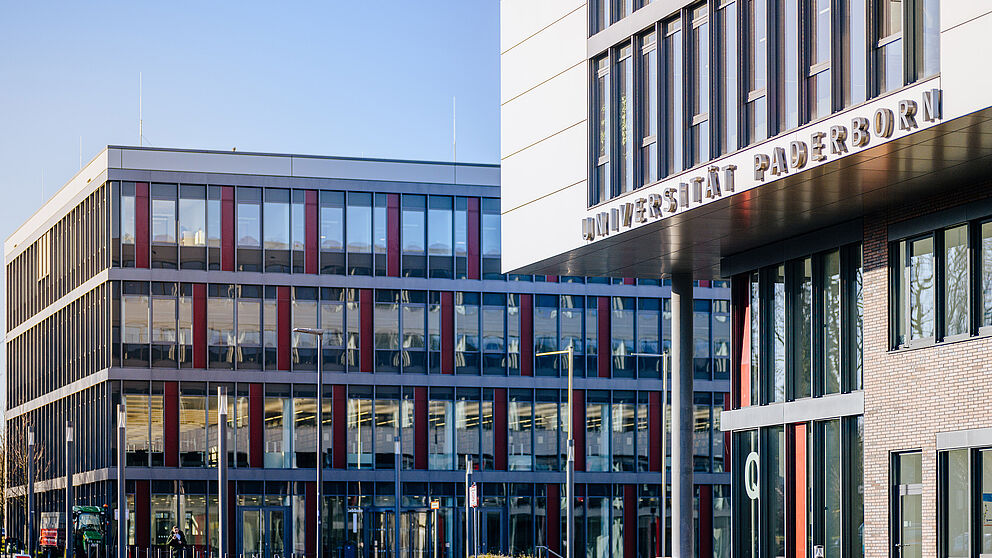
17.07.2024
|
EIM-Nachrichten,
CS-Nachrichten
Top national ranking for Paderborn University
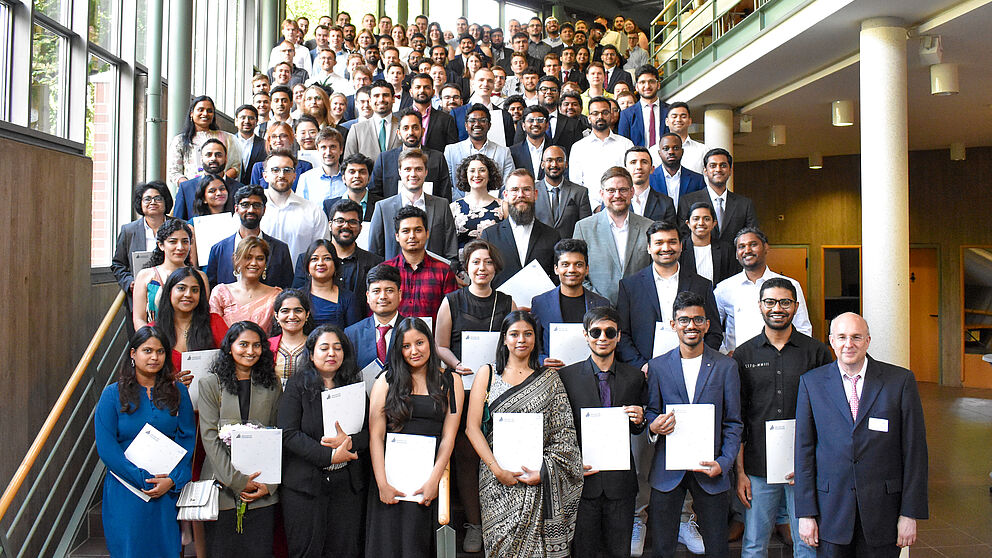
15.07.2024
|
EIM-Nachrichten,
EI-Nachrichten,
CS-Nachrichten
Paderborn University celebrates graduates

02.07.2024
|
EIM-Nachrichten,
CS-Nachrichten
"All Day Research" Podcast: 37th episode with Prof Dr Lin Wang

03.06.2024
|
Research,
Events,
Faculty of Computer Science, Electrical Engineering and Mathematics,
EIM-Nachrichten,
CS-Nachrichten
